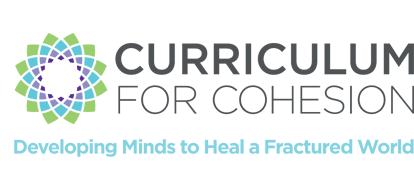

Latest news
Better History Conference
By Dr. Matthew Wilkinson with one comment
On Saturday, 28th January Mohammed Amin, patron, and Matthew Tariq Wilkinson, principal researcher, attended the Better History Conference at Anglia Ruskin University organised by the Better History Forum lead by Dr. Sean Lang. The conference explored the future of History in schools in the context of the current National Curriculum Review for History.
Mr. Tim Oates, Director of the Expert Panel of the National Curriculum Review, gave the first keynote talk which called for a National Curriculum that would last for 30 years to put an end to “faddish-ness” in the curriculum. He also made a detailed procedural outline of the way that the National Curriculum Review works. He said that the previous 2007 Review had swung much too far in favour of skills and away from core knowledge.
The second keynote was given by Dr. Sean Lang who explained that the Better History Forum’s call for a return to narrative did not necessarily mean to a national narrative, but rather that children be taught the fast-disappearing historian’s skill of narrative construction.
Crucially for the Curriculum for Cohesion project the occasion provided the occasion for Matthew and Amin to introduce themselves to Tim Oates, Director of the Expert Panel of the National Curriculum Review, and the civil servant in charge of History, Marc Cavey. They expressed great interest in the Report of Curriculum for Cohesion and asked us to liaise with the discussion team for History. This means that once we have submitted our report we ought to be directly involved with the decision-making process for History.
Despite being neither a history teacher nor an education academic, I found the conference interesting.
In one of the workshops the participants had the opportunity of saying what they thought should be at the heart of the history curriculum, the one key thing that they would want to have taught.
Being an individual who naturally inclines towards “the big picture” I responded that at the heart of English history teaching should be an appreciation of how our physical geography makes us different from mainland Europe. Although the English Channel is only 22 miles wide, it has meant that we have not been invaded since 1066 A.D. This is fundamentally different from the fluidity of many national borders in continental Europe. Accordingly continental countries have long experience of wars being fought out over their territory. Instead England has been an isolated island nation, albeit welcoming immigrants from time to time such as Huguenots and Russian Jews, and a nation whose connections with the rest of the world were, unavoidably, maritime.
— Mohammed Amin, 9:47 am on 25th February, 2012 .